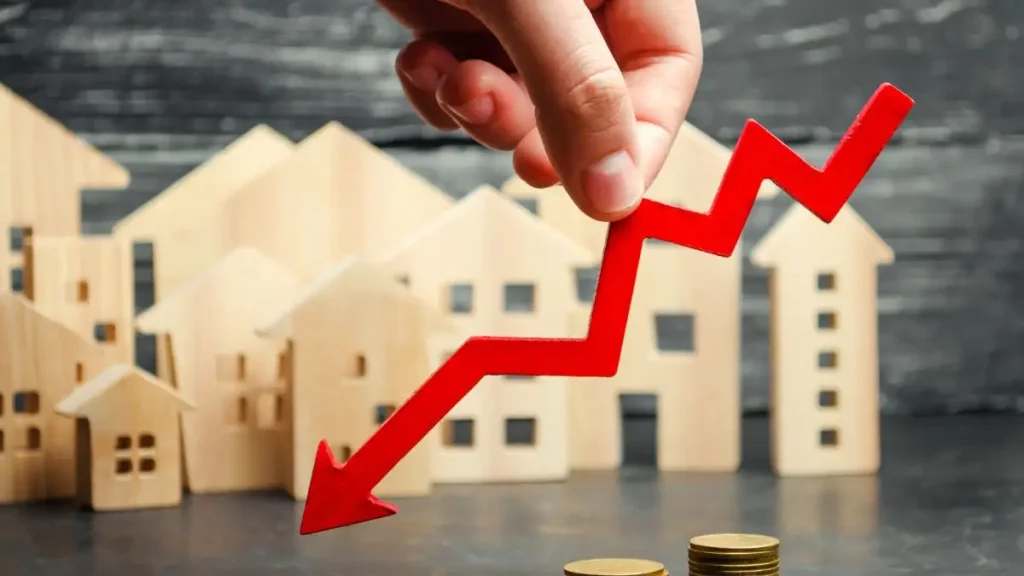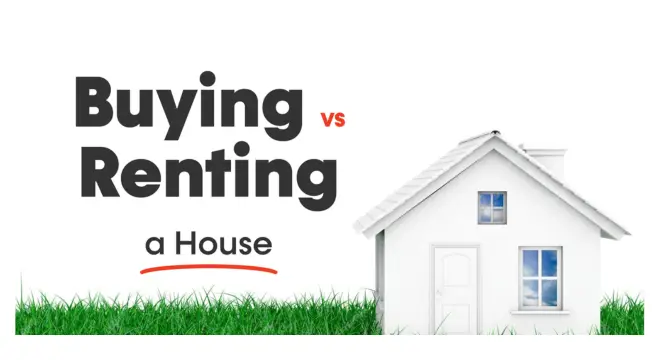US Housing Market Reports Sellers Outnumber Buyers for First Time in Over a Decade
You might have heard the headline for the first time in 12 years, home sellers are outnumbering buyers in the U.S. housing market. The latest data shows there are an estimated 1.9 million sellers competing to sell their homes, while there are only about 1.5 million buyers looking to buy.
To put it simply, that’s 33.7% more sellers than buyers — or exactly 490,041 more sellers on the market right now. This is a big deal because it flips the usual market balance. Normally, buyers outnumber sellers, which keeps prices high. But with so many more sellers than buyers, prices could start to stabilize or even drop in some areas.
Redfin confirm this is not a temporary blip — it’s a real, historic shift. And it’s something everyone involved in the housing market needs to understand, whether you’re planning to buy, sell, or just stay informed.
In this article, I’ll break down what this means for you, why this shift is happening, and how to make the smartest moves in this new market.
Understanding the Seller-Buyer Imbalance
Let’s break down what it really means when sellers outnumber buyers like this. When the market has more homes for sale than people ready to buy, it’s called a “buyer’s market.” That’s because buyers have more choices and less competition, which can push prices down.
The New York Post highlights that this is the first time since 2013 we’ve seen such an imbalance. Back then, it marked the beginning of a period where home prices cooled after years of rapid growth. Today, the same pattern could repeat — but with a few twists.
Why is this happening now? Several factors are at play: mortgage rates have increased, making monthly payments more expensive. Inflation and economic uncertainty are making people hesitant to jump into big purchases. Plus, many who bought during the pandemic are waiting it out before selling, creating a backlog that’s now finally hitting the market.
Understanding this imbalance helps you see why the housing market feels so different right now. It’s not just numbers — it affects your buying power, your selling strategy, and the overall vibe of neighborhoods.
Impact on Home Prices — What to Expect Next

So what does all this mean for home prices? When more sellers compete for fewer buyers, prices generally stop rising and may even fall. Redfin’s data shows early signs of price stabilization in several major cities, like Austin and Phoenix, where inventory has surged.
But it’s not uniform everywhere. Some markets with strong job growth or limited housing supply are still seeing steady prices, even with more sellers. That means where you live matters a lot right now — local trends can be very different from national averages.
For buyers, this could mean better opportunities to negotiate and find deals. For sellers, pricing your home right and being patient might be key to getting a sale in this shifting market.
Understanding these price dynamics helps you set realistic expectations and make smarter moves — whether you’re buying or selling.
With changes in housing demand and pricing, it’s also important to stay updated on loan eligibility rules, like the recent HUD guidelines affecting FHA loans in Tennessee, which could influence buyer options.
Who Benefits and Who Loses in This Market?
This market shift isn’t good or bad for everyone equally — it depends on your role.
- If you’re a seller: More competition means you might have to lower your asking price or invest more in staging and marketing to attract buyers. But if you’re in a hot market or have a unique property, you might still do well.
- If you’re a buyer: This is your chance to breathe easier. With more options and less bidding war pressure, you could negotiate better deals and avoid overpaying. Still, don’t expect prices to crash overnight — this shift is gradual.
- Investors and renters: Investors might find new opportunities as prices stabilize, while renters may see less upward pressure on rents in some areas.
By knowing who gains and who faces challenges, you can tailor your strategy and make informed decisions that suit your goals.
How do you think this shift will affect your buying or selling plans? Share your thoughts below — I’d love to hear what’s on your mind.
The Bigger Economic Picture — What This Means for U.S. Economy
Housing doesn’t exist in a vacuum. This seller-heavy market ties directly into larger economic trends. The Federal Reserve’s recent interest rate hikes, aimed at controlling inflation, have made borrowing more expensive, cooling demand.
That cooling demand affects consumer confidence and spending, since buying a home is one of the biggest financial commitments people make. If home prices soften, it might ease inflation pressures but could also slow construction and related industries — which means job impacts in those sectors.
Understanding this bigger picture helps you see why the housing market’s shift matters not just to homeowners, but to the whole economy.
For those tracking how economic changes impact housing, I share timely updates and tips on a dedicated WhatsApp channel. If you want real-time insights that cut through the noise, it’s worth checking out
What Buyers and Sellers Should Do Now — Strategic Advice

So, what should you do if you’re in the market right now? Here’s the bottom line:
- If you’re buying: Take advantage of the extra inventory and less competition. But don’t rush — get your financing solid, know your limits, and be ready to negotiate smartly.
- If you’re selling: Price your home realistically. With more sellers out there, standing out means good staging, professional photos, and flexible showing schedules. If you can, be patient — rushing might cost you.
And whether buying or selling, consult trusted real estate agents and mortgage advisors who know your local market well. They’ll help you navigate this unusual phase.
Have you recently bought or sold a home in this changing market? Drop a comment with your experience or questions — let’s learn from each other.
Potential Future Trends and Watch-Outs
Looking ahead, the market could go several ways. If mortgage rates stay high or rise further, buyer demand might weaken even more, pushing prices down. On the other hand, if inflation cools and rates drop, buyers could jump back in, balancing the market again.
Keep an eye on local job markets and housing supply too. Cities with strong employment and limited new construction may avoid steep price drops, while overheated markets might see bigger corrections.
Be aware of risks like economic slowdown or unexpected policy changes that can shake things up fast. But also watch for opportunities—some neighborhoods or property types could become bargains as sellers compete for buyers.
Conclusion
The U.S. housing market is experiencing a rare and significant shift, with sellers now outnumbering buyers for the first time in over a decade. This changes the game for everyone involved—whether you’re buying, selling, or investing.
By understanding the data, market forces, and expert insights, you can make smarter decisions and find opportunities even in uncertainty. Stay patient, stay informed, and don’t hesitate to lean on trusted advisors.
What’s your take on this shift? Are you thinking of buying or selling soon? Share your thoughts!
Disclaimer: This article is for informational purposes only and does not constitute financial or investment advice. Market conditions can change rapidly, so consult qualified professionals before making real estate decisions. The author is not responsible for any outcomes based on this information.


